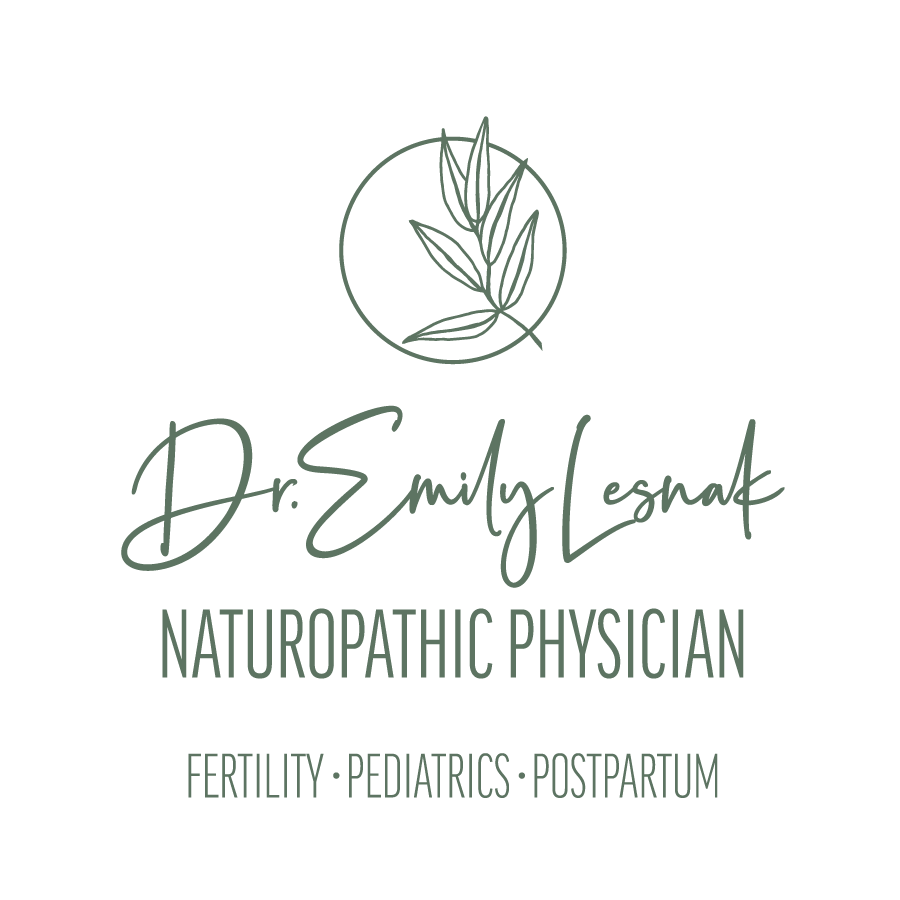Postpartum mood disorders are common
Did you know that depression is the most common complication of childbirth? Postpartum mood disorders (like anxiety and depression) affect one out of every seven women and one out of every 10 men.
A variety of factors can lead to postpartum mood disorders
Postpartum mood disorders are likely due to a combination of the following factors:
Sensitivities to hormonal changes - this includes the hormonal changes that normally happen after childbirth and also the shifts in hormones due to lack of sleep. Some people are super sensitive to this changes, which can result in depression and/or anxiety.
Genetic predisposition - some people have mental health disorders that run in their family, so this makes them more vulnerable to mood disorders at times of change, especially in the postpartum period.
Psychological sensitivities - this might include rocky relationships with parents or partner, perhaps this was an unplanned pregnancy, or self-image or perfectionism is involved. These factors can lead to postpartum mood disorders.
Social factors - if there is poor social support of the family or friends, institutional/structural racism, social media, all of these factors can contribute.
Treatment options
Treatment for postpartum mood disorders ranges from counseling/therapy, prescription medications, and if you are working with a naturopathic doctor (like me!) herbal medicine and other nutritional supplements are part of the treatment plan.
How probiotics help
There is growing research that connects gut bacteria (probiotics) to brain chemistry and behavior via multiple pathways, called the “microbiome-gut-brain-axis”. One study showed that women who supplemented with probiotics, specifically lactobacillus rhamnosus, had fewer symptoms of postnatal anxiety and depression. This is consistent with other studies using different types of probiotics.
We know that postpartum depression can be associated with a sensitivity to changing levels of hormones, like estrogen and progesterone. The probiotics that live in the digestive tract are associated with estrogen levels. Some probiotics help to change estrogens into their most active form, which would impact low estrogen levels in that postpartum period. So, it is thought that supplementing with probiotics can help support mood in the postpartum period by helping to balance hormones, so to say.
Probiotics have also been shown to play a role in the hypothalamic-pituitary-adrenal axis (HPA axis). This axis is our stress response and probiotics help to make this system more flexible. This stress system is definitely activated in the postpartum period and probiotics might help to make this system more flexible in times of change.
Where to go from here?
There is growing research that shows that probiotics can be beneficial to help prevent postpartum depression and anxiety. Probiotics are safe to take during pregnancy as long as you check with your doctor or prenatal provider first. It will be interesting to see how research regarding probiotics and the postpartum period will evolve.
References:
Rackers HS, Thomas S, Williamson K, Posey R, Kimmel MC. Emerging literature in the Microbiota-Brain Axis and Perinatal Mood and Anxiety Disorders. Psychoneuroendocrinology. 2018 Sep;95:86-96. doi: 10.1016/j.psyneuen.2018.05.020. Epub 2018 May 17. PMID: 29807325; PMCID: PMC6348074.
Sanders A, Rackers H, Kimmel M. A role for the microbiome in mother-infant interaction and perinatal depression. Int Rev Psychiatry. 2019 May;31(3):280-294. doi: 10.1080/09540261.2018.1548431. Epub 2019 Feb 20. PMID: 30784334.
Slykerman RF, Hood F, Wickens K, et al. Effect of Lactobacillus rhamnosus HN001 in Pregnancy on Postpartum Symptoms of Depression and Anxiety: A Randomised Double-blind Placebo-controlled Trial. EBioMedicine. 2017;24:159-165.





